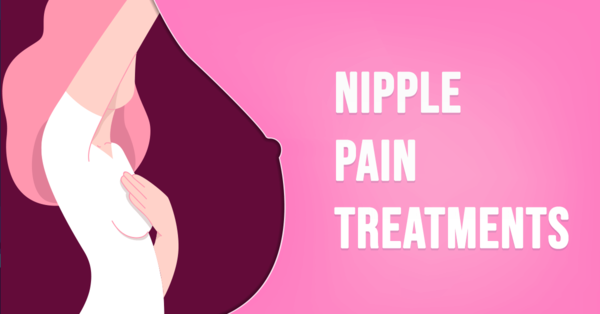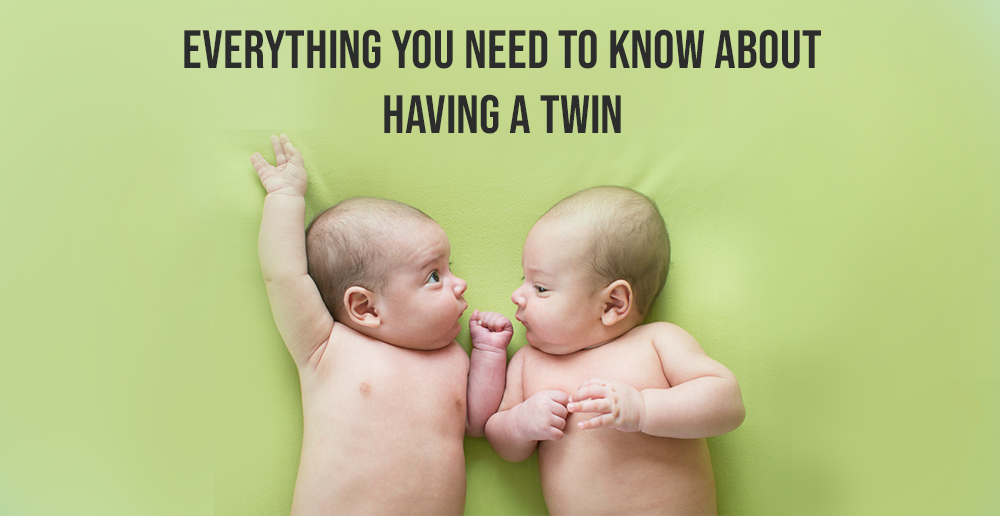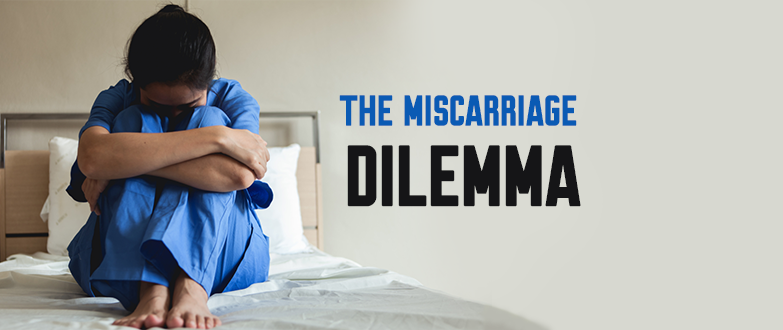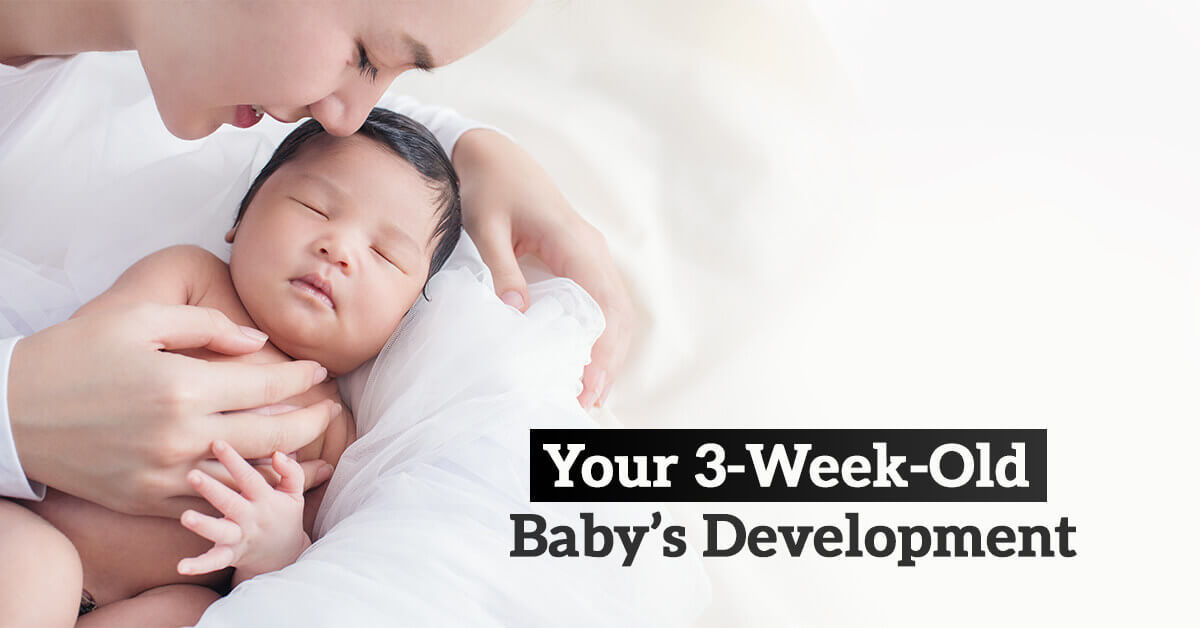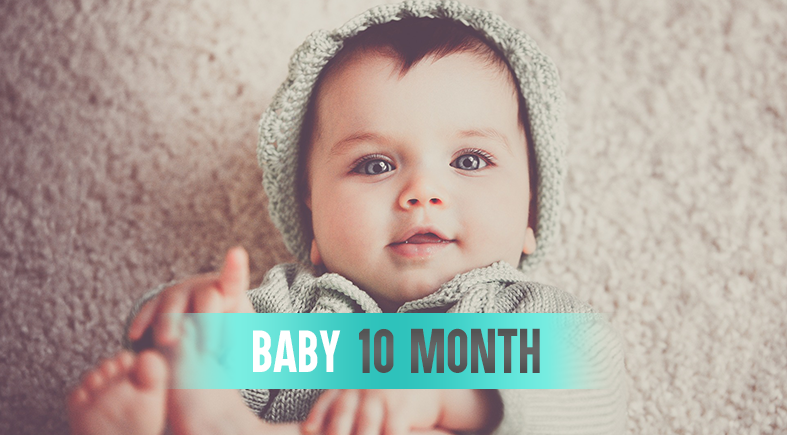In the first days of breastfeeding, pain in the nipples may occur. On average, around 90% of newbie moms have actual nipple soreness. This is a temporary very common case and usually disappears on its own after a few days. Most moms find out that nipple pain shows up on the fifth day of breastfeeding and diminishes them. There are several strategies to help relieve pain and treat nipple pain.
I have to stick to breast-feeding?
If you experience pain in your nipples, it is very important to continue breastfeeding. Consider breastfeeding your baby with a less painful nipple. If the baby’s chest hurts too much, the milk is extracted and expressed as the milk moves.

If you’re experiencing cracked nipples, squeeze a few drops and gently rub your nipple. What makes nipples hurt when the nipple dries in the air before
What Are The Causes Of Sore Nipples ?
Here are some causes behind sore nipples, including:
- Snap
- Inadequate
- Baby is tongue-tied (restricted or shortened frenulum)
- Defective slipping during feeding of the child
- Feeding too late (early vs. late feeding cues)
- Body positioning during breastfeeding
- The language limitation (the restriction of the frenulum)
- Wearing bras that are too tight on the nipples
Nipple Pain Remedies & Protective Measures
Consult a lactation consultant or health care professional to assess and treat nipple soreness.
Read : Significance of Maintaining a Healthy Lifestyle to Get Pregnant Fast
Natural
In the study of nature, it is warm and wet in hot weather, so it soothes to the skin with plenty of nipples. To use wet heat, hand a clean cloth or cloth diaper with warm (not hot) water, squeeze extra water and place directly on the nipple
Another natural way to relieve nipple pain and scarring are to manually remove a small amount of milk and gently RUB it into the nipple each time you put on the bra.
If there is significant swelling, it may be a useful treatment or preventive measure (depending on the severity of the condition).
Breastfeeding Latch: Proper Positioning and Timing (Preventative)
Proper positioning and (preventive) time if your child does not have a tight or adequate closure, there may be a pain in the nipples. If you take the baby to your chest when crying and “hopelessly” need milk
Then to avoid this, take time for the baby to create the right closure, you need to take care of early feedings, such as when the baby opens his mouth, sucks his fingers and hands, or signs that he starts to starve from the head
A slow sign and the ratio of crying without any insurance begins with the baby’s mouth wide open and it would look like a yawn. And the tongue is hollowed out and moving forward. If you think your baby is feeding the wrong way, try to gently break it by putting your finger on the side of the mouth of the baby.
Read : Puberty: The Ultimate Guide For Young Women
Pain Treatments : Body Positioning
If you have a pain in the exam, you can take a different position, but the baby will not be able to give in.
- Lying Down: The resting place of the body parallels to the length of the forehead relative to the boy’s forehead, his cheeks. Hold the baby down and/or feet.
- Cradle: It will support your baby. Place your child’s forehead on his or her forehead and ask him or her to lean on his or her arms perpendicular to the length of your body.
- Cross Cradle: This is very similar to the position of the crib, this time you should have your arms supporting the baby’s head.
Creams and Products to Treat Nipples Pain
Most creams and ointments have a strong smell and taste that has a strong desire to treat nipple soreness, even if your nipples heal faster and also cause an allergic reaction as creams and products contains a repellent ointment for your sensitive nipples. The most recent remedy contains olive oil and has a tiny smell that won’t disturb with your baby’s senses.
WOMEN STICK TOGETHER, SHARING IS CARING! SHARING THIS ARTICLE WILL BENEFIT OVER 20 WOMEN.
Read More :

